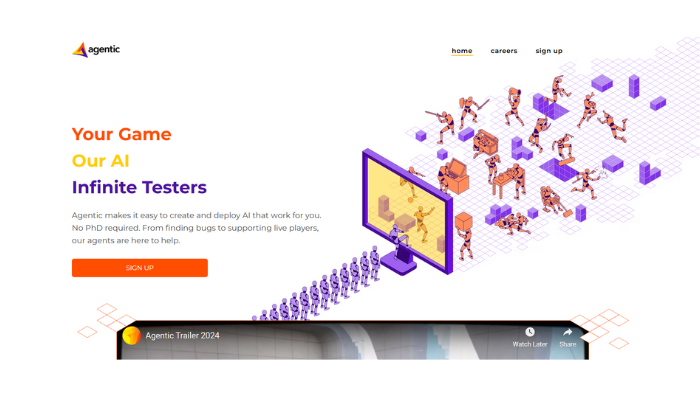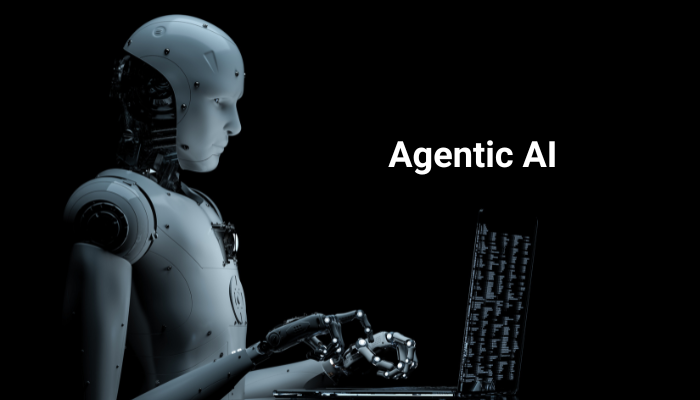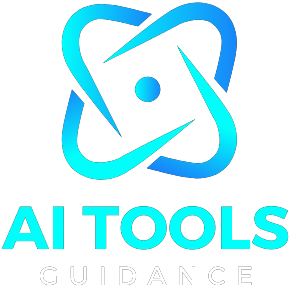Como inteligência artificial (IA) À medida que evolui, um novo paradigma ganha força: a IA Agentic. Ela se diferencia da IA de Ação por ser autossuficiente, capaz de tomar decisões em várias camadas e atingir objetivos específicos de forma assíncrona. Nesta publicação do blog, discutiremos o que diferencia a IA Agentic de outras aplicações de IA, seus recursos, méritos, problemas e o futuro que ela reserva.

O que é https://www.agentic.ai/Agentic AI e como ele difere da IA tradicional?
Para explicar a importância da IA Agentic, é preciso destacar a diferença que ela tem com outros sistemas de IA.
1.1 Tomada de decisão autônoma vs. comportamento reativo
As IAs clássicas operam de acordo com um conjunto básico de comandos e respondem aos comandos do usuário. Ao contrário dos sistemas tradicionais, IA agente é capaz de definir metas por si só, tem capacidade de criar estratégias autoiniciadas e é totalmente autônomo.
1.2 Arquitetura Orientada a Objetivos
A aplicação de técnicas de IA na prática pode ter características diretivas, como execução de tarefas, reconhecimento de interações dinâmicas entre um conjunto de variáveis, alvos mutáveis e aumento da eficiência do sistema, maximizando os efeitos desejados.
1.3 Aprendizagem e adaptação contínuas
A IA Agentic incorpora algoritmos de autoaprendizagem que melhoram à medida que o sistema recebe feedback do ambiente. Isso proporciona uma adaptabilidade muito superior à dos sistemas de IA tradicionais baseados em regras.
Principais recursos e capacidades dos sistemas de IA da Agentic
As diversas formas de inteligência artificial diferem em capacidades, mas a IA de agente tem capacidades excepcionalmente múltiplas, conforme listado abaixo.
2.1 Autonomia e Autoiniciação
Em vez de precisar de monitoramento humano constante, a IA Agentic pode funcionar livremente. A natureza autônoma do engajamento a ajuda a responder, iniciar e perseguir objetivos por conta própria, o que aumenta a produtividade em ambientes fluidos.
2.2 Resolução de Problemas Complexos
Esses sistemas são criados para lidar com desafios multifacetados, incluindo probabilidades, limitações e até combinações de diferentes variáveis dinâmicas.
2.3 Raciocínio em várias etapas
Diferentemente dos sistemas de IA tradicionais, a IA agêntica realiza tarefas extensas que exigem planejamento de longo prazo e definição de metas menores como objetivos individuais para tomada de decisão sequencial.
2.4 Comportamento Proativo
O desempenho em outras tarefas é otimizado por meio da resolução de problemas anteriores previstos pelos sistemas de IA da Agentic. Isso significa que eles não apenas respondem a comandos, mas também elaboram estratégias com antecedência para possíveis necessidades, apenas para otimizar a eficiência.
2.5 Interação e Aprendizagem Ambiental
Os sistemas observam e interpretam continuamente seus sistemas de IA e aprendem ativamente, melhorando a eficiência e a qualidade da tomada de decisões ao longo do tempo.
Confira: codepen
Aplicações do mundo real de https://www.agentic.ai/Agentic AI
A versatilidade dos sistemas de IA da Agentic levou à sua implementação em diversos setores. Aqui estão alguns exemplos:
3.1 Veículos Autônomos e Drones
Em transporte e logística, a Agentic AI permite a automação completa de roteirização, prevenção de riscos e cumprimento de prazos para carros autônomos e drones de entrega.
3.2 Assistência médica e diagnóstico médico
A Agentic AI monitora continuamente os dados dos pacientes e prevê complicações de saúde, recomendando intervenções baseadas em dados históricos e sinais vitais em tempo real.
3.3 Manufatura Inteligente e Robótica
As fábricas aumentam a produtividade aproveitando a IA da Agentic na manufatura adaptativa por meio de robôs inteligentes que modificam suas ações com base nos requisitos de produção atuais.
Benefícios e desafios da implementação da IA Agentic
O avanço da IA Agentic traz vantagens distintas, mas sem problemas de implementação.
4.1 Maior produtividade e eficiência
Ao assumir tarefas repetitivas e sobrecarregadas de tomada de decisões, a Agentic AI diminui a carga de trabalho da humanidade, acelerando as operações.
4.2 Redução de erros humanos
Devido à dependência de dados, os processos são mais precisos e os erros são significativamente reduzidos quando o Agentic AI é usado.
4.3 Complexidade de Integração
Como a implantação da Agentic AI exige treinamento e integração de sistemas sofisticados, ela tende a exigir muitos recursos das organizações.
4.4 Preocupações éticas e de segurança
As capacidades autônomas dos sistemas de IA levantam preocupações com a IA Agentic em relação ao controle, à responsabilização e à transparência.
O Futuro da IA Agentic: Tendências, Ética e Inovações
Com a evolução da tecnologia, a inovação incorporará cada vez mais a IA Agentic. Aqui estão as principais áreas de foco para o futuro:
5.1 Ascensão da colaboração entre humanos e IA
Podemos esperar ver a Agentic AI trabalhando em conjunto com pessoas, o que resultará em equipes combinando eficiência de máquinas com criatividade e tomada de decisões humanas.
5.2 Desenvolvimento da Estrutura Ética
Há uma necessidade crescente de que a governança da IA e políticas éticas sejam construídas especificamente para sistemas Agentic para utilização segura.
5.3 Integração com Tecnologias Emergentes
As tecnologias inteligentes e responsivas tornar-se-ão mais comuns à medida que IoT, blockchain e computação de ponta se fundem com a Agentic AI.
Leia também: CodeWP
Em conclusão
Em conclusão, a IA Agentic representa um avanço significativo no campo da inteligência artificial. As características autossuficientes, orientadas a objetivos e adaptáveis da IA Agentic permitirão que ela transforme muitos campos e altere a forma como as pessoas interagem com a tecnologia de IA. A ação responsável no desenvolvimento e a execução ética são vitais para o sucesso dessa tecnologia. À medida que empresas e pesquisadores continuam a explorar essa poderosa tecnologia, a IA Agentic se destaca como um pilar fundamental na próxima geração de sistemas inteligentes.










